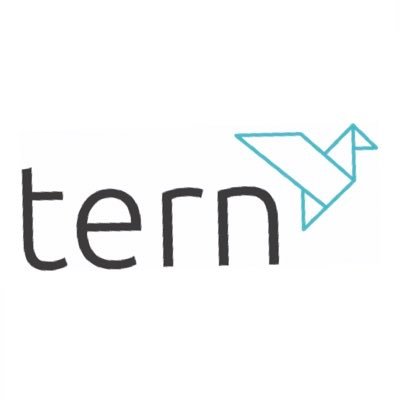Scotland’s reputation as a data and AI powerhouse is no accident. With Edinburgh now crowned the UK’s top city for artificial intelligence, particularly in healthcare, the nation’s long-term investments in talent, infrastructure, and ethical leadership are paying off. Scotland’s unique fusion of academic excellence, industry collaboration, and national vision is building a globally competitive ecosystem that is ready to transform the future of healthtech, life sciences, and beyond.
A new report by Deloitte has officially named Edinburgh the UK’s leading hub for artificial intelligence, especially in healthcare applications. This recognition strengthens Scotland’s already commanding position in AI, data science, and advanced modelling. Backed by more than 60 years of cutting-edge research and supported by a world-class talent pipeline from academia to industry, Scotland is not only producing the brightest AI minds but also equipping them to tackle some of the world’s most urgent challenges. The nation’s focus on ethical AI and interdisciplinary problem-solving has become a blueprint for responsible innovation.
Unlike regions that have rushed to build AI capability in response to market trends, Scotland’s depth of expertise is rooted in decades of structured learning and research. Its universities have long been centres of AI education, producing generations of leaders who now drive global projects or mentor the next wave of talent. Programmes like The Data Lab connect students directly with industry, giving them real-world experience that spans healthcare, finance, climate science, and policymaking. Scotland’s unwavering commitment to data literacy and ethical AI ensures that this workforce is prepared not just to innovate, but to do so with purpose and accountability.
Scotland’s National AI Strategy amplifies this momentum with a long-term commitment to inclusion, upskilling, and global competitiveness. This strategy builds on the country’s proud scientific legacy, stretching back to pioneers like James Clerk Maxwell and Lord Kelvin, and continuing through to today’s global influencers like Professor Andrew Morris of Health Data Research UK and Dr. Chris Holmes of the Alan Turing Institute. These leaders exemplify how Scotland’s modelling expertise is being applied to real-world impact in public health, biostatistics, and life sciences.
With the Life Sciences sector projected to reach £25 billion by 2035, Scotland is becoming a magnet for investors seeking breakthrough medtech and data-driven health innovations. Ecosystems like CodeBase are accelerating this growth, positioning Scotland as a launchpad for the next generation of healthtech companies.
This is more than theoretical. Recent industry events, such as those hosted by The Data Lab, showcase how Scotland is translating AI research into practical solutions that improve lives. Dr. Nicolas Rattray’s pioneering work at the University of Strathclyde is a standout example. By harnessing AI to analyse vast biological datasets, his team is uncovering biomarkers that help predict frailty in patients. This allows for personalised treatment strategies, improving recovery outcomes and reducing healthcare system pressures. His research highlights how AI can transform complexity into clarity, delivering smarter, more targeted interventions in predictive medicine.
Meanwhile, Dr. Caroline Franco from the University of Aberdeen has demonstrated the power of mathematical modelling in public health. Drawing on lessons from the COVID-19 pandemic, her work shows how expert-informed models can fill gaps when real-world data is scarce or incomplete. These models are crucial tools for policymakers, helping them make data-driven decisions that are adaptable across regions and health systems. Her collaboration with organisations like the World Health Organization underlines Scotland’s role on the global stage.
Equally important is the work of Hugh Wallace at Research Data Scotland, who is leading efforts to unlock secure, ethical access to public sector data. Wallace’s vision of a centralised Researcher Access Service aims to eliminate data silos, enabling cross-sector insights that can fuel healthtech breakthroughs. His focus on trust, governance, and societal responsibility ensures that Scotland’s data infrastructure serves not only innovation but also the public good.
What makes Scotland stand out is its ability to combine academic rigour with practical impact. Its thriving Data & AI community continues to attract researchers, policymakers, and industry leaders who are committed to aligning innovation with societal benefit. As Scotland’s Life Sciences sector scales toward its ambitious targets, the intersection of AI, data, and ethical practice will remain a defining advantage.
Scotland is home to a globally recognised ecosystem that fuses AI, data science, and responsible innovation. With a clear national strategy, world-class talent, and a collaborative industry network, it is perfectly positioned to lead the next wave of life sciences and healthtech transformation.
Tern plc (LON:TERN) backs exciting, high growth IoT innovators in Europe. They provide support and create a genuinely collaborative environment for talented, well-motivated teams.







































